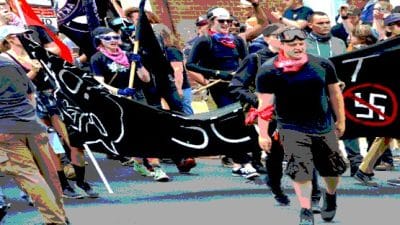
It seems that not a day goes by when we see a new story in the media about drug crimes and the law. Whether it’s marijuana, methamphetamine, heroin, ecstasy or cocaine, minimizing the possession, manufacture and sale of controlled substances is high on every administration’s agenda. The abuse of controlled substances in our society costs the economy more than $100 billion each year, either through the strain on health care, or criminality. This brief guide outlines some of the key terminology around drug crime in the US as well as the potential consequences for those who are facing criminal charges.
Which Drugs are Illegal?
Whether a drug is legal or not usually depends on what it is being used for. Many drugs are prescribed and used lawfully for medical reasons, but those same drugs in unauthorized hands can be dangerous to the user and society around them. There is a strategy in place at the federal level to tackle the distribution of controlled substances, but each individual state also has its own laws on drugs.
At the federal level, most drug convictions are related to trafficking, while state and local arrests are often for possession. If a person is found guilty on federal drug charges, they will generally face harsher sentencing than someone found guilty by the state. Of course, this will be heavily influenced by the person and circumstances surrounding the crime.
Drugs are classified into schedules 1-5 which refer to severity of the crime, and therefore the penalties. Schedule 1 (marijuana, heroin, LSD, ecstasy, and magic mushrooms) are deemed the most dangerous and therefore have the highest levels of regulation. Schedule 5 substances are those you would find in everyday medications such as codeine.
Terminology Around Drug Crimes
Here is a brief summary of the most common offenses and terms related to drug crimes.
- A controlled substance is one which is regulated by the government and has been classified under a schedule.
- Being charged with the distribution of drugs means that someone has been accused of providing, delivering, moving, importing or selling controlled substances. If there is a high enough quantity of the drug, it may be classed as drug trafficking.
- If someone is involved in the cultivation or creation of a controlled substance, this is known as manufacturing, e.g. growing cannabis plants or making LSD, cocaine or methamphetamine in a laboratory.
- When charged with possession, a person has been accused of having a controlled substance in their possession knowingly and without a valid prescription. It is also illegal to have drug paraphernalia like scales or syringes.
Often a person is charged with possession, but then may be found to be in possession of manufacturing equipment and/or may have enough of the substance to suggest an intent to distribute as well.
Sentencing for Drug Crimes
Depending on the severity of the crime, committing drug offenses can result in substantial prison sentences. First-time offenders found in possession may have their conviction diverted which means they plead guilty, complete a substance abuse educational/rehabilitation program and pledge not to re-offend. If they do this at the end of a specified period, the case is dismissed and they can avoid a criminal record.










